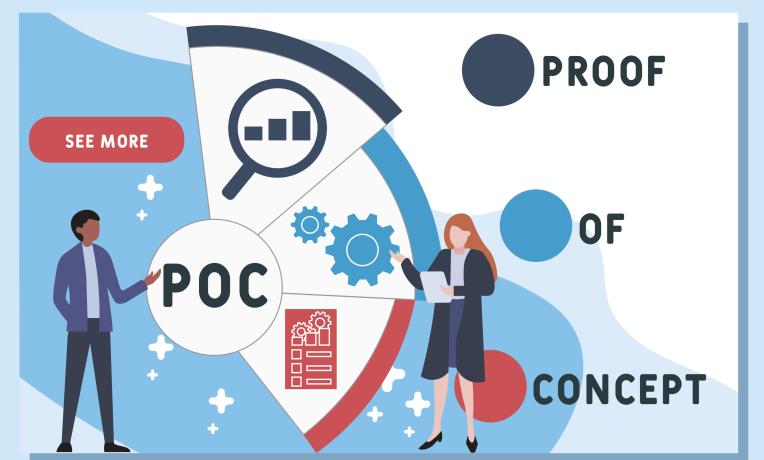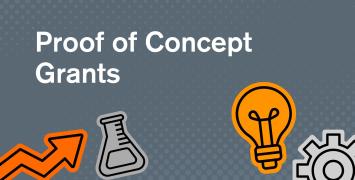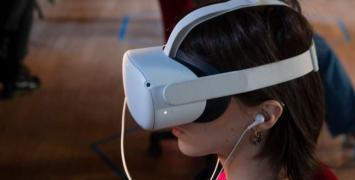
Fifty five grantees of the European Research Council have been awarded ERC Proof of Concept grants to explore the commercial or societal potential of their research results. The grants are part of the EU's research and innovation programme, Horizon 2020.
The awarded projects cover a variety of topics e.g., a faster and cheaper approach to detect disease-causing microorganisms; low-power, energy-harvesting hearing implants; or developing a sustainable social business to manage and ethically distribute donated DNA data to scientists.
Proof of Concept (PoC) grants, worth €150,000 each, can be used for example to explore business opportunities, prepare patent applications or verify the practical viability of scientific concepts.
The new grants were awarded to researchers working in 17 countries: Austria (1 grant), Switzerland (2), Cyprus (1), Germany (9), Spain (5), Finland (1), France (3), Israel (5), Italy (4), Luxembourg (1), Netherlands (3), Norway (1) Poland (1), Portugal (1), Sweden (3), Turkey (1) and the UK (13).
The grant scheme is only open to ERC grantees. Over 1000 grantees have received PoC funding since 2011. They can apply for funding in one of the three rounds of the call every year, the second deadline being 7 May 2020 (further information here). Today's announcement concerns the first 2020 round, in which the ERC evaluated 146 applications. The budget for the whole 2020 competition is €25 million.
About the ERC
The European Research Council, set up by the European Union in 2007, is the premiere European funding organisation for excellent frontier research. Every year, it selects and funds the very best, creative researchers of any nationality and age, to run projects based in Europe. It offers four core grant schemes: Starting, Consolidator, Advanced and Synergy Grants. With its additional Proof of Concept grant scheme, the ERC helps grantees to bridge the gap between grantees' pioneering research and early phases of its commercialisation.
To date, the ERC has funded more than 9,000 top researchers at various stages of their careers, and over 50,000 postdocs, PhD students and other staff working in their research teams. The ERC strives to attract top researchers from anywhere in the world to come to Europe. Key global research funding bodies, in the United States, China, Japan, Brazil and other countries, have concluded special agreements to provide their researchers with opportunities to temporarily join ERC grantees' teams.
The ERC is led by an independent governing body, the Scientific Council. The overall ERC budget from 2014 to 2020 is more than €13 billion, as part of the Horizon 2020 programme, for which the European Commissioner for Innovation, Research, Culture, Education and Youth, Mariya Gabriel is responsible.





